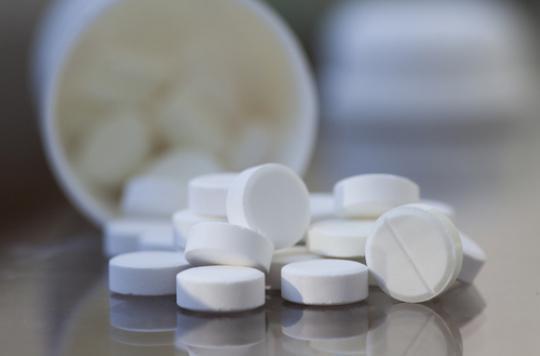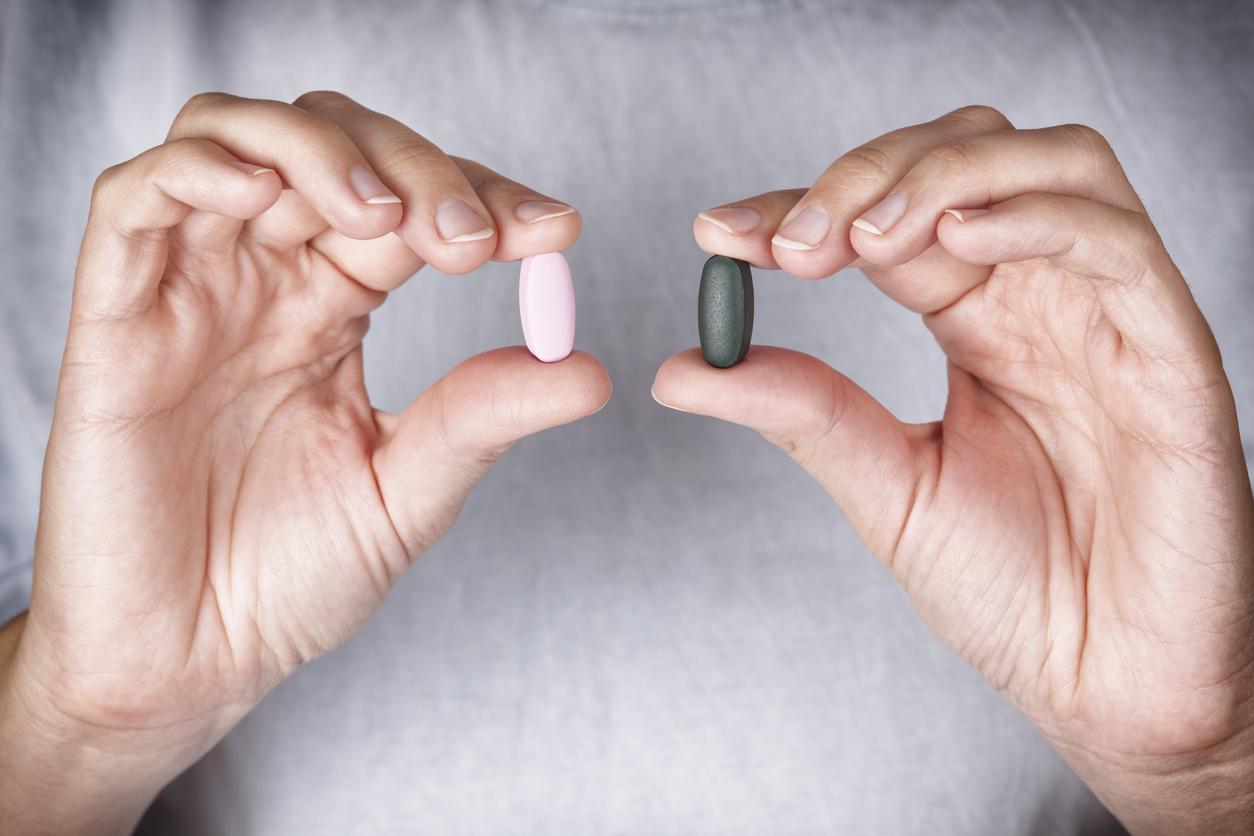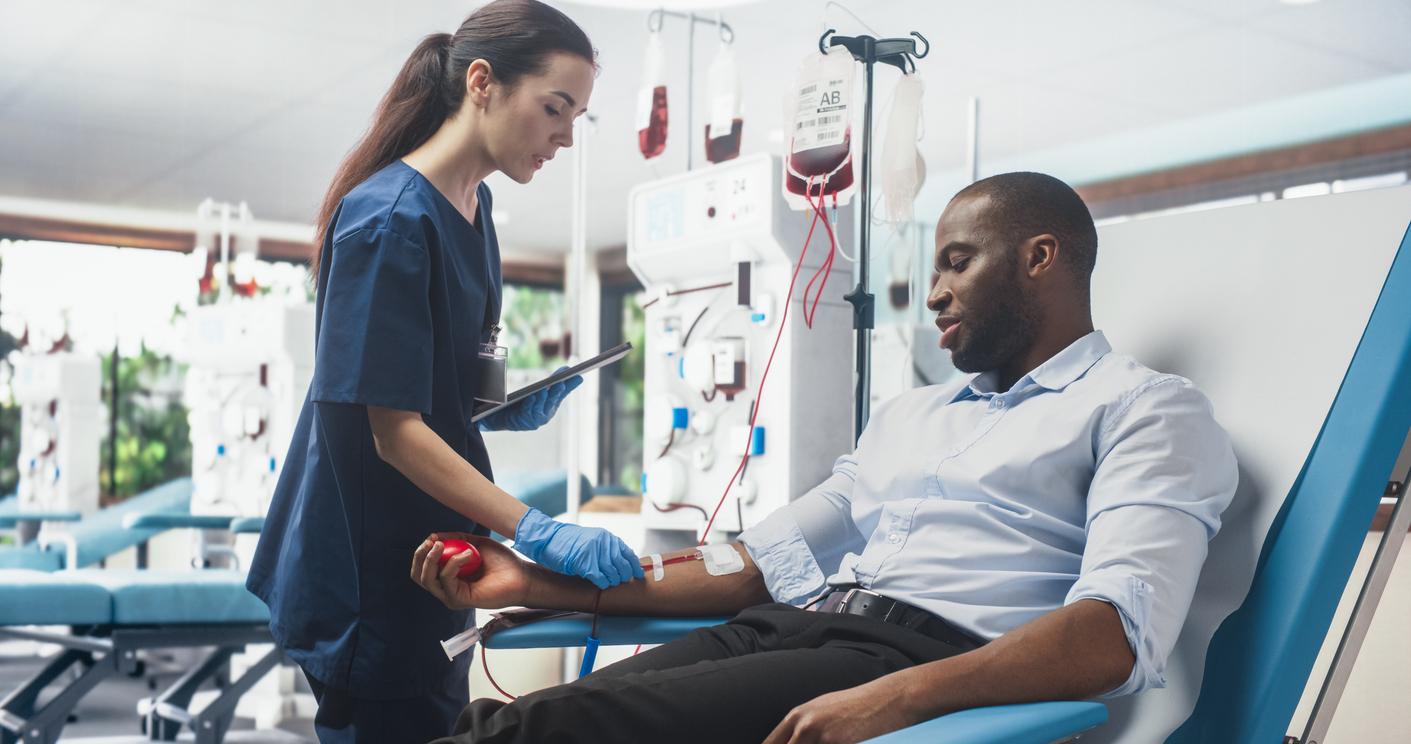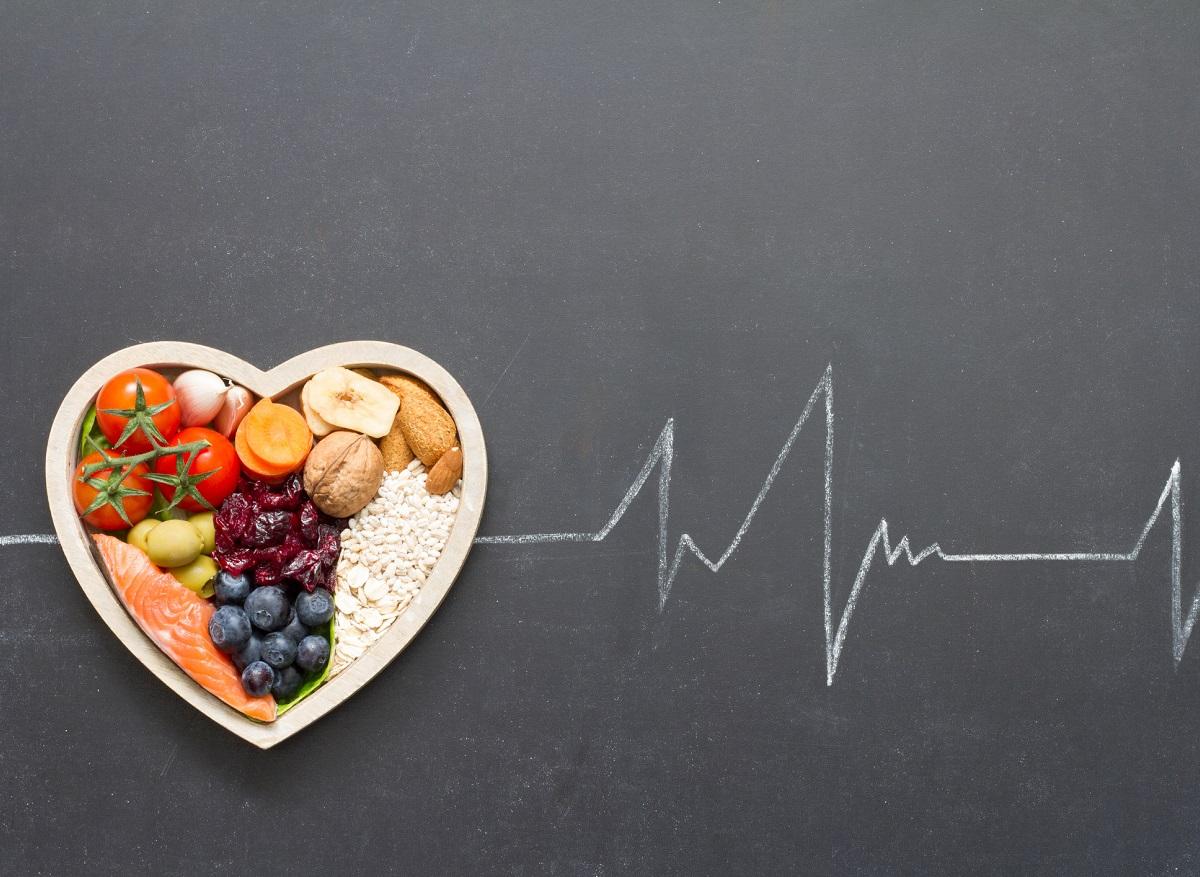If people at high cardiac risk took aspirin every day, at least 900,000 deaths would be avoided in 20 years in the United States.

Aspirin is not only an effective pain reliever. This so-called non-steroidal anti-inflammatory drug (NSAID) also has benefits against cardiovascular diseases and benefits in the prevention of cancers, especially digestive, confirms a study published in Plos One.
Researchers at the University of Southern California (United States) believe that elderly people at high risk of heart and vascular disorders could reduce their risk of heart attack thanks to a daily intake of a low dose of aspirin. . They would also see their risk of developing or dying from cancer decrease, and their life expectancy lengthened.
To reach these conclusions, scientists have established a scenario in which the recommendations issued last April by a group of American experts were applied. They suggested that prescribing a low dose (70 to 81 mg) of aspirin for at least 10 years would provide optimal protection against heart disease and colon cancer. They clarified that this preventive treatment should only concern people aged 50 to 69 at high risk of heart disease and not at risk of bleeding.

900,000 lives saved in 20 years
From numerous data from American cohorts, Californian researchers discovered that by following these recommendations, 11 heart attacks and 4 cancers per 1,000 Americans aged 51 to 79 would be prevented each year. Diseases prevented that would allow 8 in 1,000 people to reach 80 years of age and 3 in 1,000 would celebrate their 100th birthday.
By 2036, 900,000 deaths would be avoided. These benefits would also save the American health care system nearly $ 700 billion over 20 years.
Still, aspirin is not a trivial drug. In some people, it increases the risk of hemorrhagic stroke but also of bleeding from the digestive system. The study shows a 25% increase in digestive hemorrhages, which means that 2 Americans aged 51 to 79 out of 63 would be victims of this side effect.

The benefits outweigh the risks
However, works that also appeared in Plos Onesuggest that this stomach bleeding caused by aspirin is less serious than spontaneous bleeding in people not taking this pain reliever. In their study, researchers at Cardiff University argue that these side effects of this drug are not fatal. They believe that the use of this drug in the prevention of heart attacks and cancer brings more benefits to patients than risks.
The two research teams are also unanimous: patients without a particular risk of cardiac pathology and in good health should not take aspirin daily for prevention.
.















